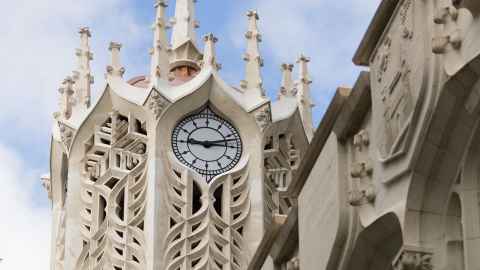
Policies and procedures currently available for feedback from relevant members of the University community.
Go nowBreadcrumbs List.
Consultation has been completed on these policies, however post-consultation updates have yet to be made, and the policies approved in their final form.

Policies and procedures currently available for feedback from relevant members of the University community.
Go now